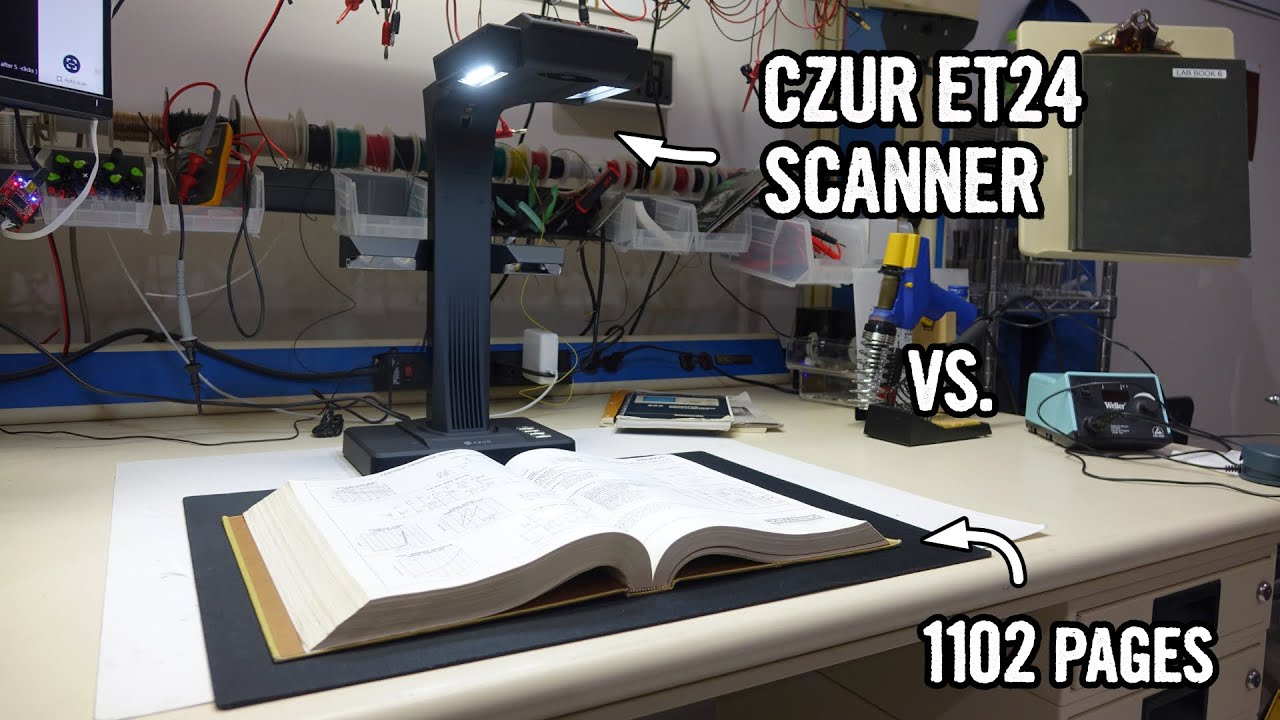There are giant high-speed robots for storage and retrieval, but no backup. Think about that.
Not even a digital backup? I’m slightly shocked. I would have guessed that a scanning step (for paper-based documents) would have been part of the archival process for new materials by now, and that there would be some sort of effort to digitize the complete archive over time (starting with the most important and “at risk” documents first). I would assume that the storage and retrieval buildings have a great fire-suppression system, but without a backup, it’s just a matter of time before disaster strikes.
Oh I think I misunderstood…you meant that if the robots go down, humans wouldn’t be able to manually store and retrieve the documents.
No—the vast majority of the collection is paper documents, many hundreds of years old, for which there are no paper copies known to be in existence and have not been digitally scanned. Maybe there is a project underway to scan some of the contents of the library, but it was not discussed in this video. Digital scanning of old documents which require careful handling and come in all shapes and sizes is a specialised, time-consuming, and expensive task.
When we backed up the only copy of the (handwritten) Book of Justice of our village (beginning in 1663), we were fortunate to have the Swiss National Library perform the scan in return for keeping a digital copy. But many of the original documents I photographed for the 2006 history book and companion DVD of original sources existed only on paper (or parchment). This one, a “Papal Bullshit” (forged Papal bull), dates from 1179.
What do you think of Google’s method of scanning
In Vernor Vinge’s Rainbow End he discussed an approach to scanning where the physical books are destroyed:
Yeah, I think that’s great. Okay, maybe you wouldn’t want to use it on fragile documents, but I would assume that it would be fine for the vast majority of documents.
For reasonably robust books in standard sizes, it’s probably fine, but I suspect museum curators and archivists would disapprove of any contact with the page, not to speak of sucking on pages with a vacuum cleaner.
The device I wish I’d had when I was doing bulk scanning of public domain books and Univac manuals and documents is the CZUR scanner that Curious Marc demonstrates in the following video. It uses a laser to measure the distance to the page along horizontal scan lines and automatically corrects for page curl, allowing completely non-contact scanning of bound books. (For books that require pages to be held down, it includes clips which contain a bar code that instructs the scanner to remove them from the scanned image.)

